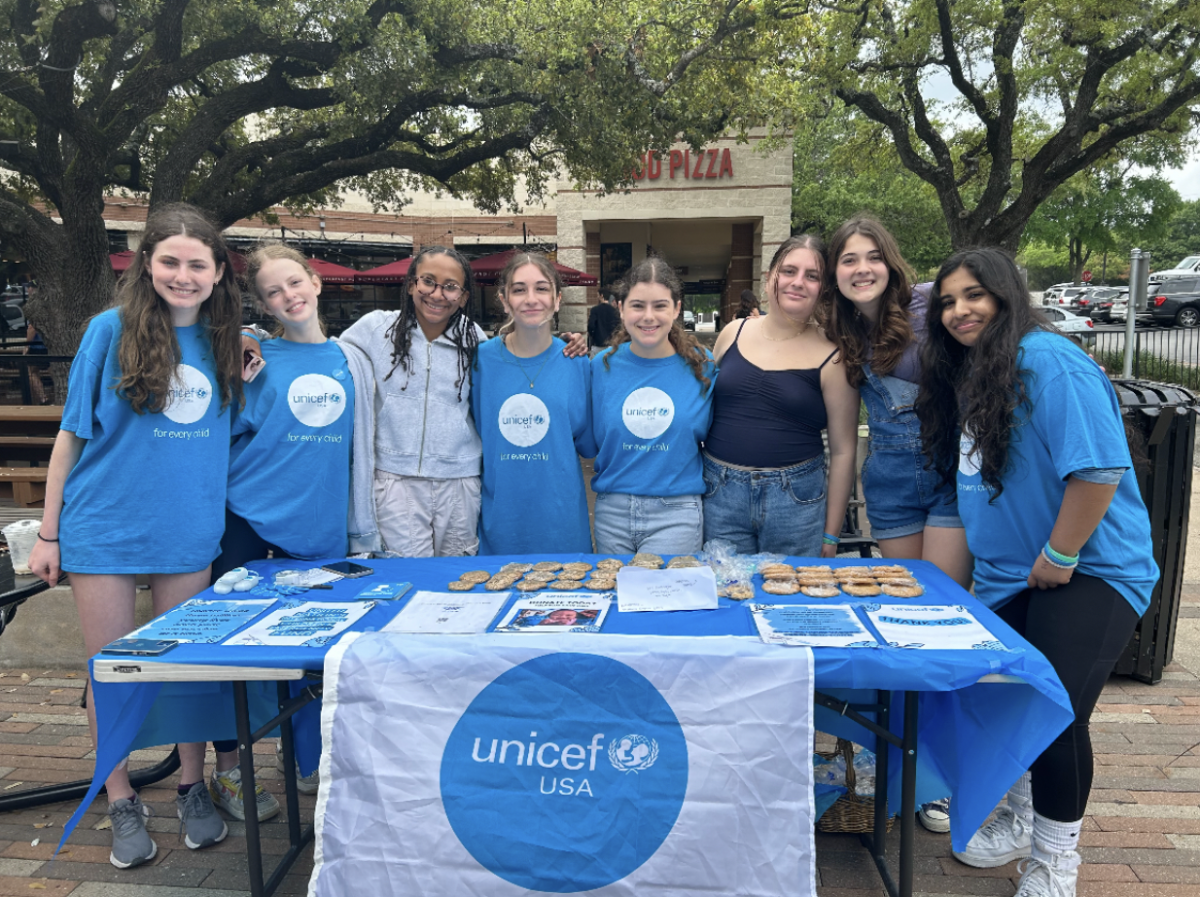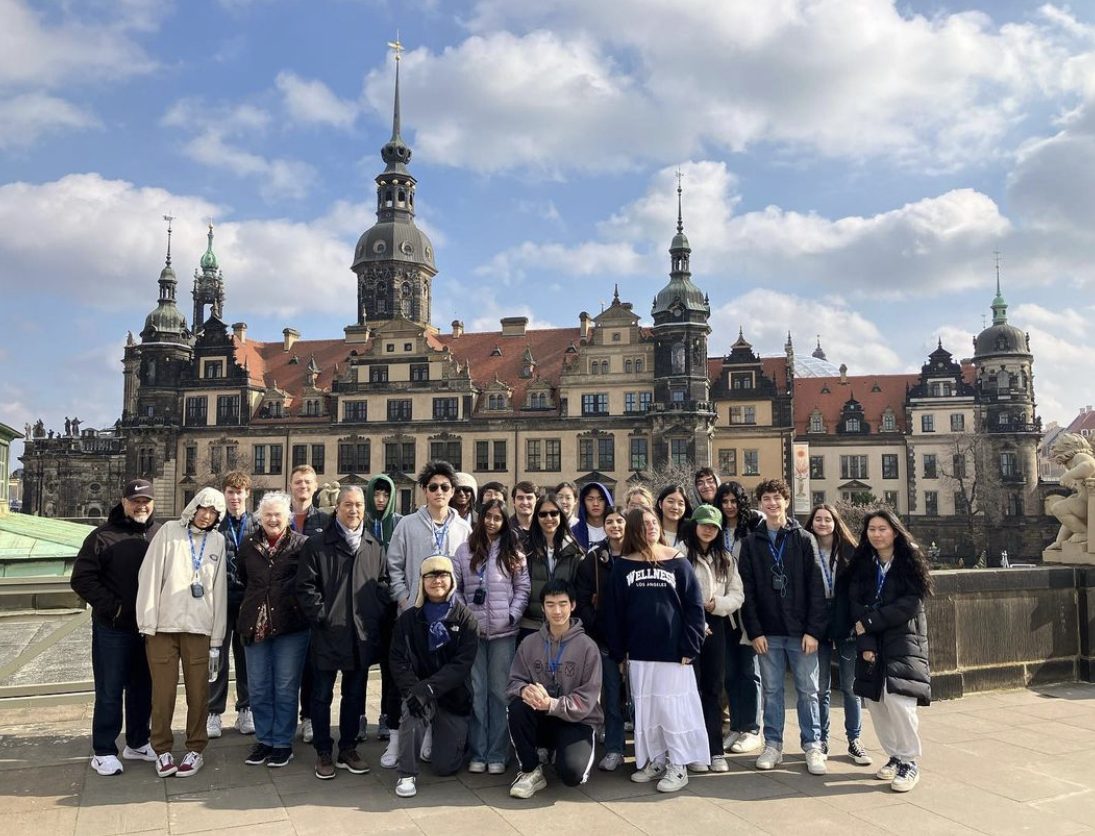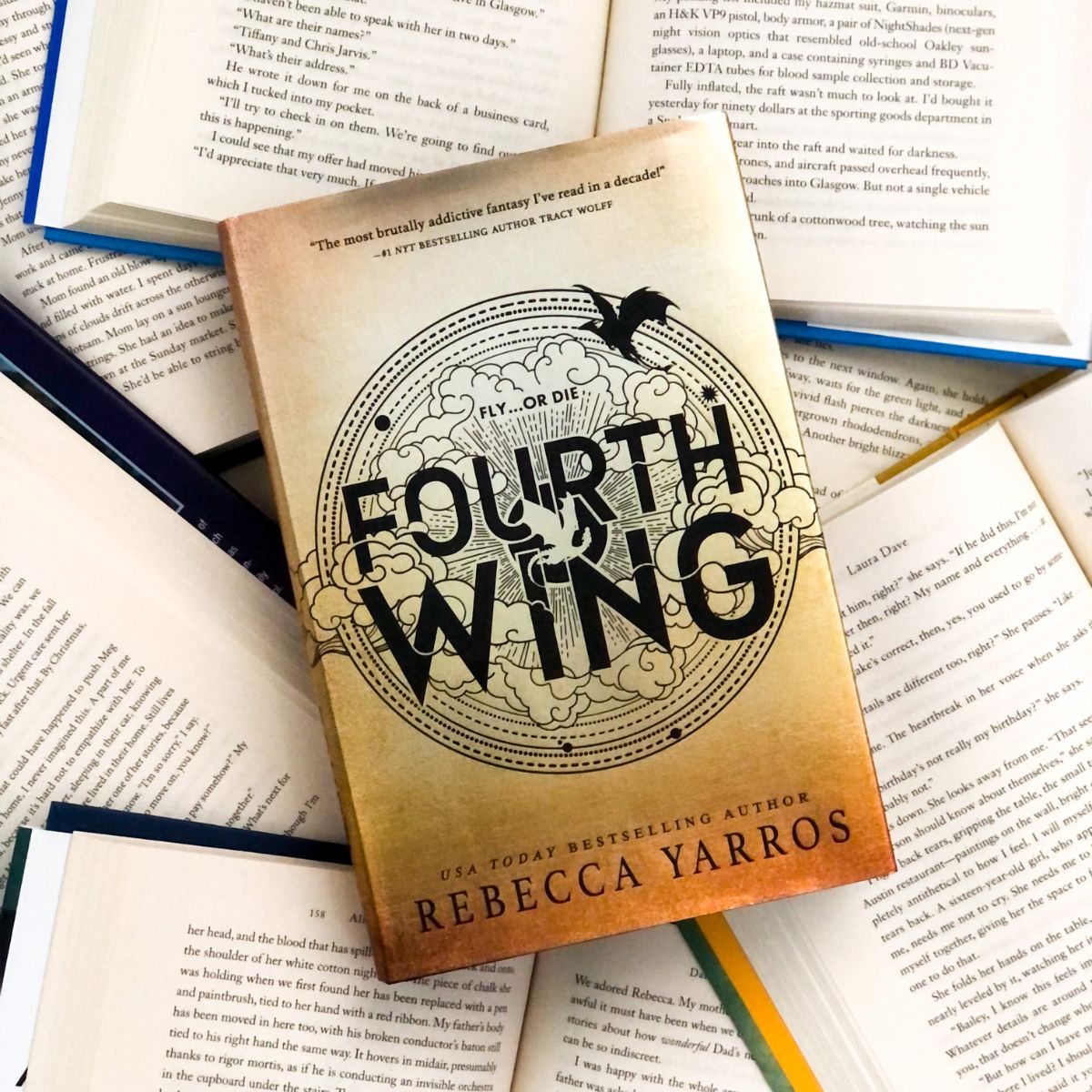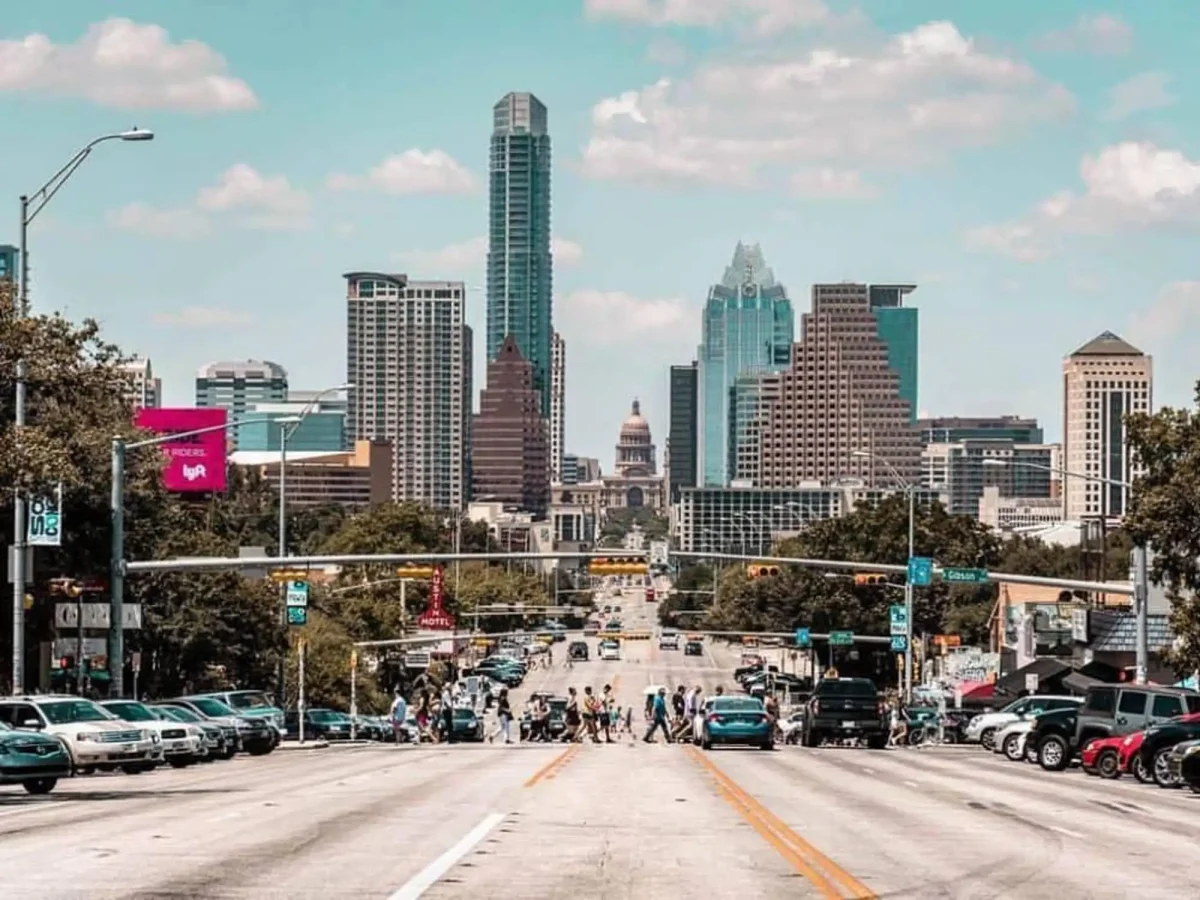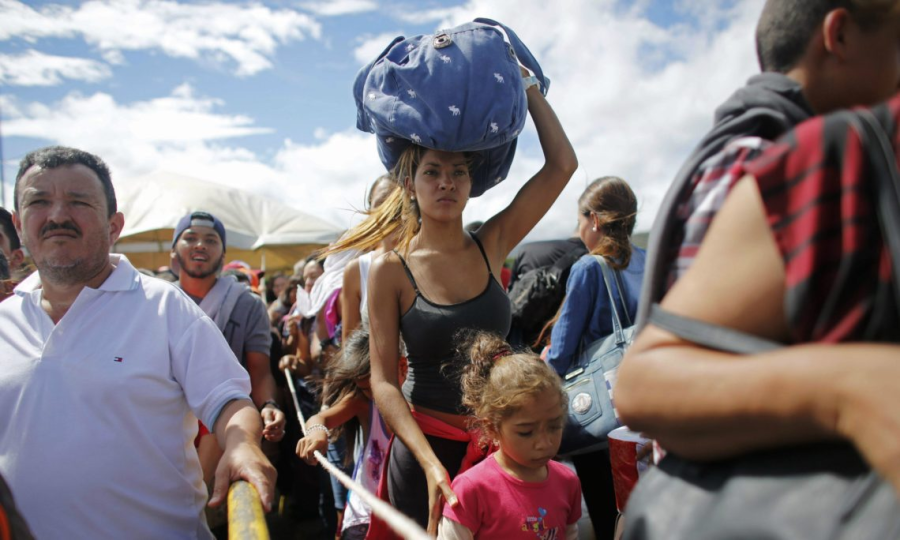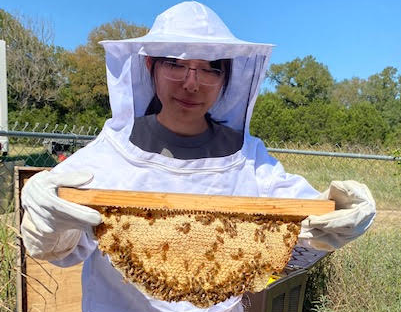Immigration: Updates, Opinions, and Opportunities
The latest news on immigration and how you can help.
Disclaimer: Please note that this article does not depict the full story of American immigration. There are many policies and measures this brief article cannot cover. Furthermore, this article does not professionally dive into the complete nuances of the policies it discusses. The author encourages readers to further discuss, research, and take action on the issue of American immigration.
During the COVID-19 pandemic, the Trump administration enacted Title 42, allowing it to take emergency legislative action on many national items. Desiring to alter the legislation of immigration at the Southern border, the Trump administration primarily moved to turn away illegal immigrants attempting to claim asylum.
In December, the Supreme Court ruled to uphold Title 42 indefinitely, but the Department of Homeland Security is preparing for the document’s end by enacting new enforcement precautions. According to the DHS, these measures will enhance Title 42, and the DHS will augment them after the government lifts Title 42. As a part of these measures, the Department of Homeland Security is creating new parole processes for migrants based on their nationality. These processes apply to Cuban, Haitian, and Nicaraguan migrants, and they are modeled off of the allegedly successful processes implemented for Venezuelan and Ukrainian migrants.
These measures will offer authorization to work and other significant benefits, but migrants will meet significant consequences if they do not adhere to these pathways. For many migrants, these processes can be lifesaving. However, there are limitations to their accessibility. For example, the Venezuelan pathway can prove to be significantly difficult to follow, requiring refugees to secure documentation and an American sponsor. Obtaining a sponsor can be challenging, especially because many Americans do not know they can register to sponsor refugees. Likewise, obtaining the documentation required to travel to the United States is often difficult because such documentation usually depends on the reliability of a country’s government. If you were a Venezuelan, would you feel comfortable asking your government for the documents needed to leave the country? Even if you possessed these documents, would you remember to bring them all when fleeing your home?
The requirements included in the Venezuelan and other pathways indicate that the United States receives many refugees on a parole basis, rather than one based on refugee status. Receiving refugees based on their status would grant them immediate employment authorization, access to resettlement support, and a simple legal process toward citizenship. Conversely, current parolees can only live in the United States temporarily, only sometimes obtaining permanent acceptance through a convoluted legal process. Based on the difference between these benefits, refugees would more easily benefit our economy and seek refuge from unimaginable conditions if they were treated as the refugees they are—not parolees.
Refugees and other migrants can benefit the economy by receiving education in trades, a form of education known as vocational education, through or in addition to apprenticeships. The United States would benefit from offering such opportunities because they would fill the abundance of gaps in the American workforce. According to the New York Times, as of February 2nd, there are over 75,000 job openings in Iowa. Furthermore, The Times estimated that 11 million jobs are open nationally. The sectors in need of the most employees require easily obtained skills. These industries most significantly include those of health care, information and technology, and tourism and hospitality. In a time when much of the economy continues to suffer from inflation, the United States needs to strengthen the durability of its workforce as much as possible.
As seen in many other Western countries such as Germany, vocational education significantly aids simple yet necessary job sectors. Offering vocation education to migrants would benefit businesses and the economy because companies could obtain more workers and could tailor training to their needs. Moreover, many migrants would make more money long-term than they would without vocational training. This expendable income would allow them to contribute more to the economy as more active consumers.
Opportunities to receive vocational education would also benefit many migrants. In addition to helping them obtain more money long-term, it would aid them in assimilating to the United States. The workplace training vocational education would consequently educate migrants in the English language and American workplace customs. If one comes to the United States without knowledge of these vital concepts, it is difficult to learn them in other ways.
Lastly, vocational education would help ease the burden placed on the asylum system. It would provide a more effective, multi-focus approach to the challenges the DHS’s measures are attempting to unravel. Workplaces could offer a clear, self-sustaining pathway for refugees. Refugees could choose their workplace, and then find aid in surrounding locations, rather than going through the reverse process that pushes more burden onto the government and nonprofit organizations. Vocational education could be the win-win solution the United States needs to find structure in its immigration pathways and domestic economy.
Does all this talk of immigration inspire you to help migrants? Doing so is easier than you might think. If you only have five minutes, call or write an email to your senators or representatives about why they should implement vocational education opportunities for migrants. You can also research many other policies and causes, even outside of immigration, to contact officials to support the most humane ones. You do not need to go into detail; they only want to know whether or not you support causes and policies. It truly makes a difference as long as you provide your zip code and say you are a current or future Texan voter. Do you want to help out more, or are you a citizen of another state or country? You can volunteer at Casa Marianella with St. Stephen’s or by yourself. Dr. Blount has spots open for March 25th. There are many other organizations receiving donations, such as Frontera Aid, which provides resources and support for migrant families. You can donate to their GoFundMe and Amazon Wishlist. La Posada Providencia is an emergency shelter for men, women, and families who are forced from their homes by life-threatening occurrences, and they are also happy to receive monetary and material donations. Even if you are a student, you can make a difference for those who need it!

